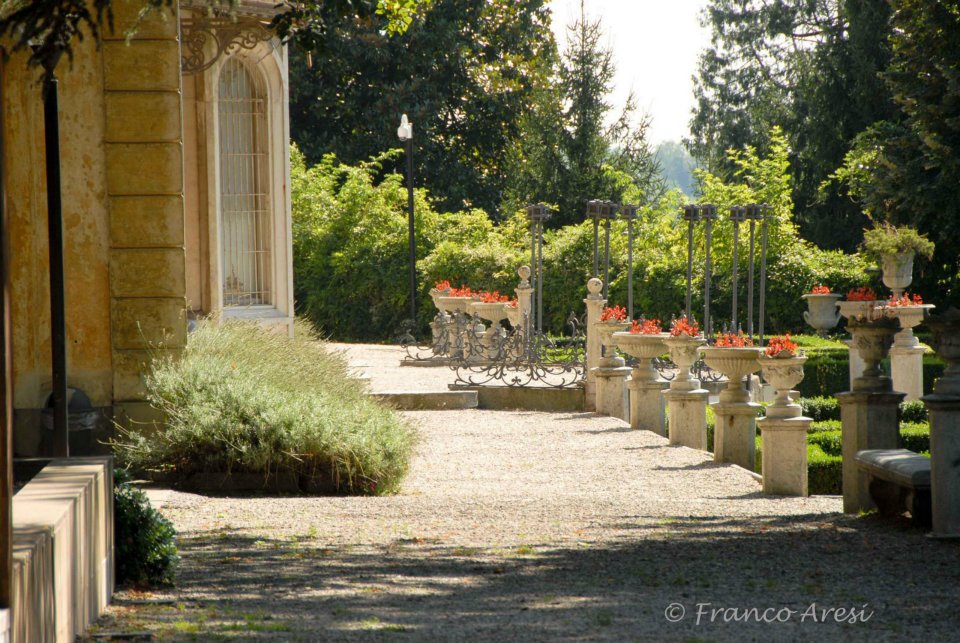
Blessed Paul VI Higher Institute of Religious Studies
Who we are
The Blessed Paul VI Higher Institute of Religious Studies of Villa Cagnola was founded at the behest of Noble Guido Cagnola, who in 1946, donating his Villa in Gazzada, wished a center to be founded that would unite scientific intentions of promoting the “study of religious problems” and practical purposes of training “the clergy and laity” to elevate the “religious and spiritual life of the Italian people.”